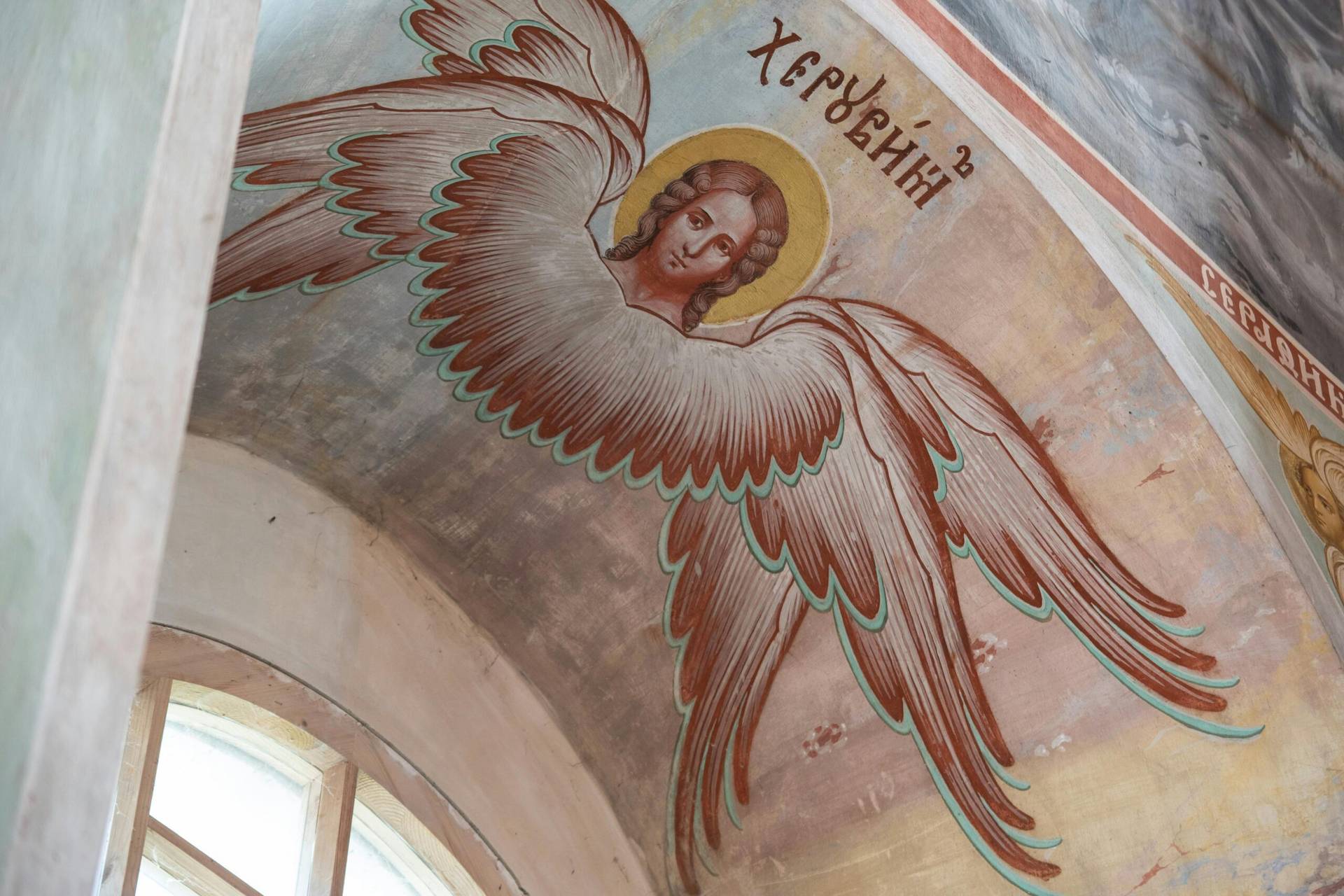Today the Catholic Church celebrates the Solemnity of Our Lord Jesus Christ, King of the Universe. Commonly called “Christ the King,” the holy day has an important lesson for Christian believers.
Regrettably, whatever lesson that might be, it’s easily lost among Christians today because they see the Catholic Church as stuck in the past. Such an encrustment seems confirmed by the way in which regal concepts and language are used. For believers today, such a use of regal paraphernalia comes across as peculiar and unhelpful to their real lives and the actual challenges to their faith.
Honestly, what does a king have to do with a Western believer in the twenty-first century?
As it remains a part of the Catholic tradition, the feast day might need a renewal. Perhaps some history can guide things.
To begin with, the feast day of Christ the King is a comparatively recent holy day. It was instituted by Pope Blessed Pius XI at the end of the Jubilee Year of 1925. This was a well-timed and much-needed jubilee for the Church. It came after the destruction of the First World War and the tidal wave of secularism that followed the devastation.
The jubilee was a praiseworthy attempt by the Catholic Church to address post-war secularism and answer some of humanity’s questions about human nature, evil, God’s providence, and the future of the human family. Regrettably, the Catholic effort was choked by dated pageantry, unhelpful theological language and a condescending approach by church leadership.
The Catholic Church of 1925 also found itself in the midst of the Roman Question, the international query about what to do with the pope after the loss of the Papal States. After having his own country, which covered most of central Italy, taken from him by the revolutionaries who united the Italian peninsula and created the modern state of Italy, there was serious discussion on what the temporal power of the pope should be and what role he should have in temporal European politics.
It was a humbling question for a papacy that had enjoyed universal deference and homage. Now world powers beyond its control would decide the papacy’s fate and determine its role in the public forum.
A reaction to both secularism and the humiliation of the Roman Question were certainly present in the declaration of the feast day Christ the King.
In terms of the Roman Question, the Catholic Church merged the occupation of the Papal States with a submergence of the Christian faith. The Papal States, the pope’s temporal and spiritual powers, and the kingdom of God were all blurred. From this confusion, the solemnity was instituted and used as an assertion of the pope’s temporal authority by way of celebrating the Lord Jesus’s divine authority.
Whatever hopes may have been contained within these specific reasons for the creation of the feast day, they were certainly not met. The questionable intentions behind the holy day’s institution only accentuated social tension and enhanced a poorly chosen culture war by the Church. By choosing such an engagement with Western culture at that time, the Church’s spiritual authority was severely diminished and it was seen as one more earthly authority, one more temporal power fighting to win control, influence and a treasury.
The supernatural role of the papacy and the Catholic Church waned and it was perceived as one more crown seeking to crush anyone or topple over anything, especially the poor and lowly, in order to solidify its temporal banner as sovereign over all.
Western culture wasn’t interested in such a church, and it just moved on and started putting a lot of space between itself and the Roman Church. Western societies learned to ignore the Catholic Church and gradually saw it as a fossil and irrelevant for future development and real growth within the human family.
In light of this history, is such a feast day needed today? Should the entire concept of Christ the King be abandoned?
No, the feast day should not be suppressed. This is the impulsive response that has caused major problems with past reform efforts. Such a pedagogy is not the best strand within the tradition of the Catholic Church.
Rather than discard things, the Church always seeks aggiornamento, that is, to convert and renew them according to the Church’s own deepest teachings and the common good of believers and the human family. The preeminent Catholic response has always been renovation by internal refinement.
With a spirit of aggiornamento, what purpose could Christ the King serve today?
Looking back at the history, the feast day was given not only because of the political battles between the Church and the States of Europe, but also because of the secularism born from the Great War and its horrors.
In a creative retrieval of the holy day, the Church can acclaim Christ the King. It can show the world a king who does not lust for power but who is self-described as “meek and humble of heart.” The Church can glorify a king who does not want a crown of domination, but who lovingly accepts a crown of thorns in service to others.
Church leadership can praise a scepter that imparts kindness and compassion rather than vengeance and annihilation.
The more the Catholic Church exercises its spiritual authority and extols the higher impulses of humanity, the more it has a voice and is a true teacher and witness to humanity. As the Church relinquishes its own claims of power, the more it will regain its moral authority within the human family and the more effective it will be in fulfilling the mission given to it by Christ who is King and Servant of all.


















